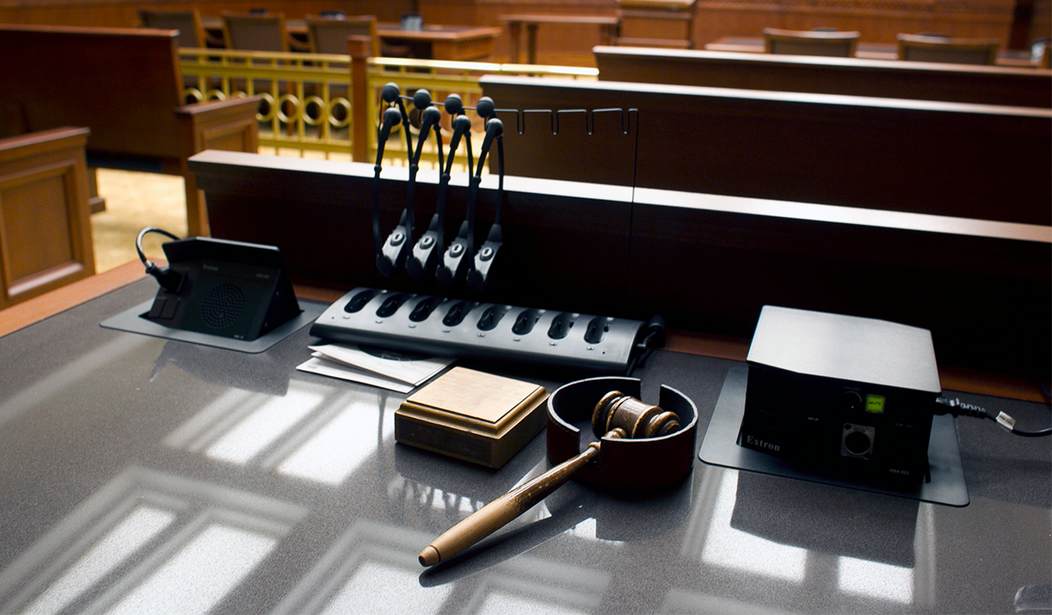It’s coming up on two years ago when I first wrote about a couple of Tennessee landowners who were fighting back after the government put game cameras on their property without permission. The thing is, there was some degree of legality about what they did.
Or, at least, so it seemed.
The landowners took issue with this and fought back.
Late yesterday, the Benton County Circuit Court ruled that a statute authorizing warrantless trespassing and surveillance by Tennessee game wardens is unconstitutional. The ruling is not just a victory for Benton County landowners Terry Rainwaters and Hunter Hollingsworth, who sued with the Institute for Justice (IJ) after the Tennessee Wildlife Resources Agency (TWRA) ignored their “No Trespassing” signs by entering and installing cameras on their land. The victory also applies broadly to private land across Tennessee.
“For too long, TWRA officers have treated private land like public property—entering without permission, spying on people without a warrant, and doing it all with no meaningful oversight,” said IJ Attorney Joshua Windham. “Thanks to the court’s ruling, Tennesseans can now rest easy knowing that they’re secure from these sorts of intrusions on their land.”
“The court’s decision to declare TWRA’s constant overreach and abuse of authority unconstitutional is restoring my faith in the justice system,” said Hunter Hollingsworth. “I’m grateful for the Institute for Justice’s hard work and dedication to preserving and restoring the rights of all property owners in Tennessee. Thanks also to my local attorney Jack Leonard, who has been with me on these issues from day one.”
In addition to finding the law enabling searches unconstitutional, the court granted Rainwaters’ and Hollingsworth’s request for $1 in damages as compensation for the violation of their constitutional rights. The TWRA has 30 days to appeal the decision to the Tennessee Court of Appeals.
The issue was the state wildlife officials strapped a game camera to a tree on Hollingsworth’s and Rainwater’s respective properties as a way to monitor what they did on their own property.
This fell under something called the Open Fields Doctrine. Basically, the Supreme Court has said the police don’t need a warrant to search an open field you own, only your home and the property immediately surrounding the house.
It’s kind of like how the police don’t need a warrant to use evidence in plain view, only taken a step or two too far.
Officials in Tennessee took this idea and used it to justify placing trail cameras up on private property.
However, Tennessee takes a more narrow view of things like that, which is why this particular case went the way that it did.
What’s interesting, though, is that the Institute for Justice’s Fourth Amendment project–which was part of who represented the two landowners–has other cases, including a hunting club in Pennsylvania and a taxidermist in Ohio.
It’s interesting that all of these revolve around the hunting industry–and industry well associated with firearms.
Now, it’s entirely possible that it’s just a coincidence since it’s multiple states including some that are very pro-gun, but it’s still just enough to make me question it. Or maybe my tinfoil hat is just a bit too tight. After all, there are other Fourth Amendment cases IJ is pursuing that have nothing to do with hunting or the outdoors.
Either way, I’m glad Hollingsworth and Rainwater were victorious.








Join the conversation as a VIP Member